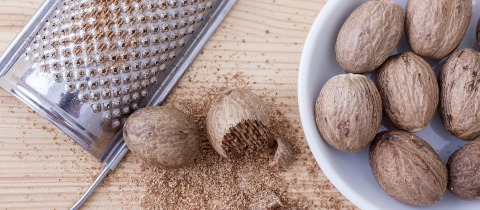In North America we hear a great deal about chemicals such as plasticizers leaching out of plastic. In this case, though, the problem is not what the plastic releases but what it retains, namely, moisture. One of the main concerns about storing peanuts is contamination by the Aspergillus fungus which produces aflatoxins, a class of very nasty compounds. They are not destroyed by cooking and impair growth and immune function in children. But of even greater concern is their carcinogenicity. Aflatoxins cause liver cancer, a cancer which accounts for one fifth of all cancers in West African men. Most disturbing is that nearly all West Africans show evidence of aflatoxin exposure in their blood. The Aspergillus fungus occurs commonly in soil and can contaminate peanuts when they are spread out in the sun to dry. It needs moisture to multiply and this can happen when the peanuts are stored in plastic bags. The situation is made worse if insects feed on the stored peanuts because they then spread the aflatoxin-producing fungus. Some simple techniques, in addition to storing the peanuts in bags made of breathable fibers, can significantly reduce contamination. These include drying the peanuts on fiber mats instead of on the ground, storing bags on wooden pallets and treating the ground with insecticides. Obviously discarding peanuts that are seen to be moldy is important. Researchers from the University of Leeds have shown how well such simple techniques can work. They recruited about 300 substinence peanut farmers in ten villages in Guinea to use all these methods and sampled their blood to measure efficacy. After five months aflatoxin levels were halved and 20% of the people had no detectable levels at all. Such a drop in blood levels of aflatoxins can be expected to have significant health benefits.







